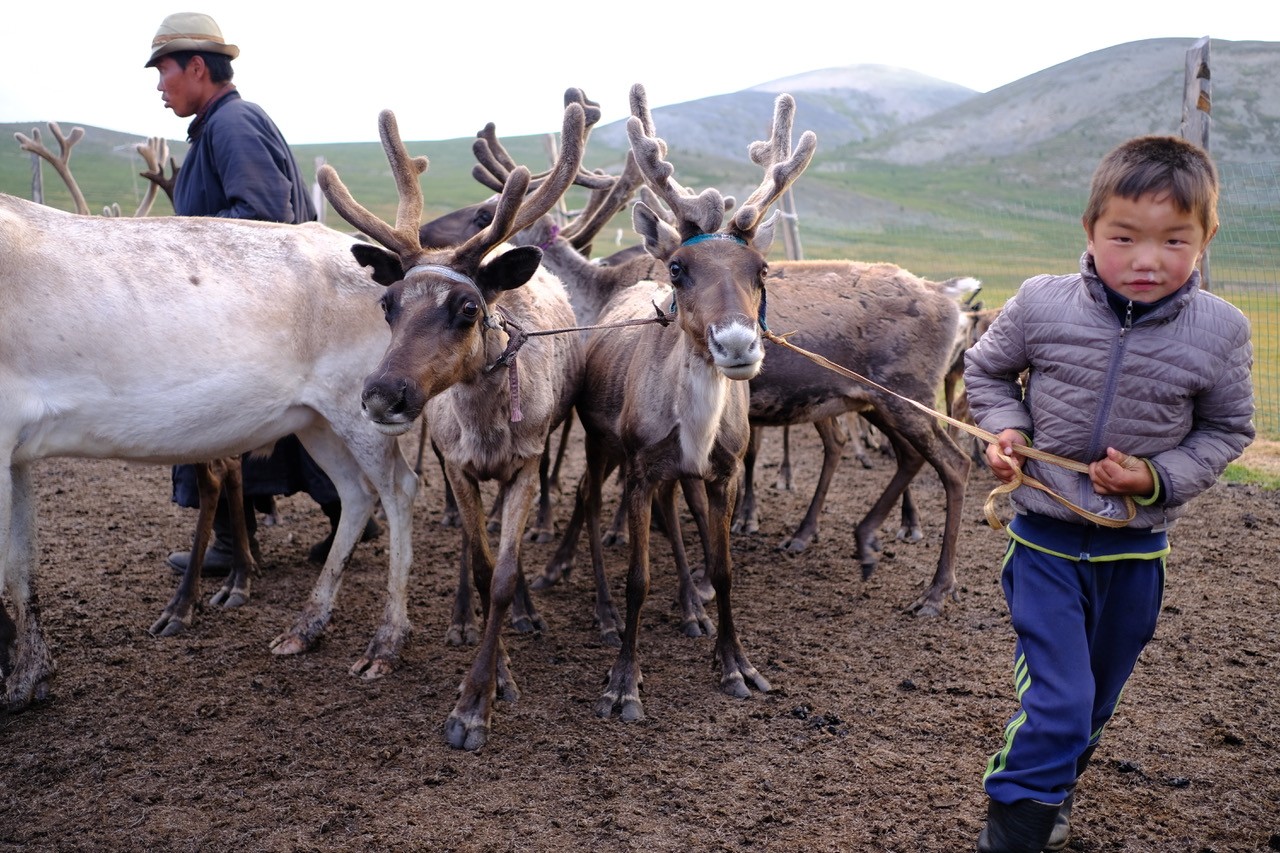Dairy Cultures: The coevolution of Genes, Cultures and Microbiomes
Matthäus Rest and Björn Reichhardt
Principal Investigator: Christina Warinner, MPI for Evultionary Anthropology Leipzig and Harvard University

Milk is a fraught food, deeply entangled with politics, culture, economics, and history. Seen a universal food since the 1960s, Western medical profession considered the inability to digest milk to be an unfortunate, but uncommon, disease alternately known as primary acquired lactase deficiency, adult hypolactasia, and lactose intolerance. Decades of subsequent research have shown that the ability to digest milk in adulthood is actually a derived trait found in only a few human populations (notably Europeans) with long histories of dairy pastoralism.
In recent years, numerous media stories and organizations started to claim that milk is an unnatural and harmful product with potential links to gastrointestinal illness, cancer, and cardiovascular disease. The growing public scepticism regarding milk as a dietary component relies in part on poorly defined assumptions about the nature of digestion, the role of microbes in human health, and the perceived “naturalness” of dairy as a human food.
Importantly, what is generally missing entirely from public debate is an evidence-based accounting of the context and process by which dairying arose as a human food in the first place and the role it has subsequently played in the long arc of human history.
The Dairy Cultures project seeks to enrich scientific and public understanding of dairy foods by systematically investigating the deep history of the biological and cultural relationships between humans, livestock and microbes in a “gene-culture-microbiome coevolution” framework.
Funding: European Research Council
Duration: 2018-2023
